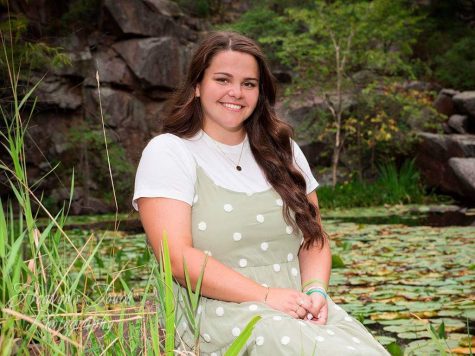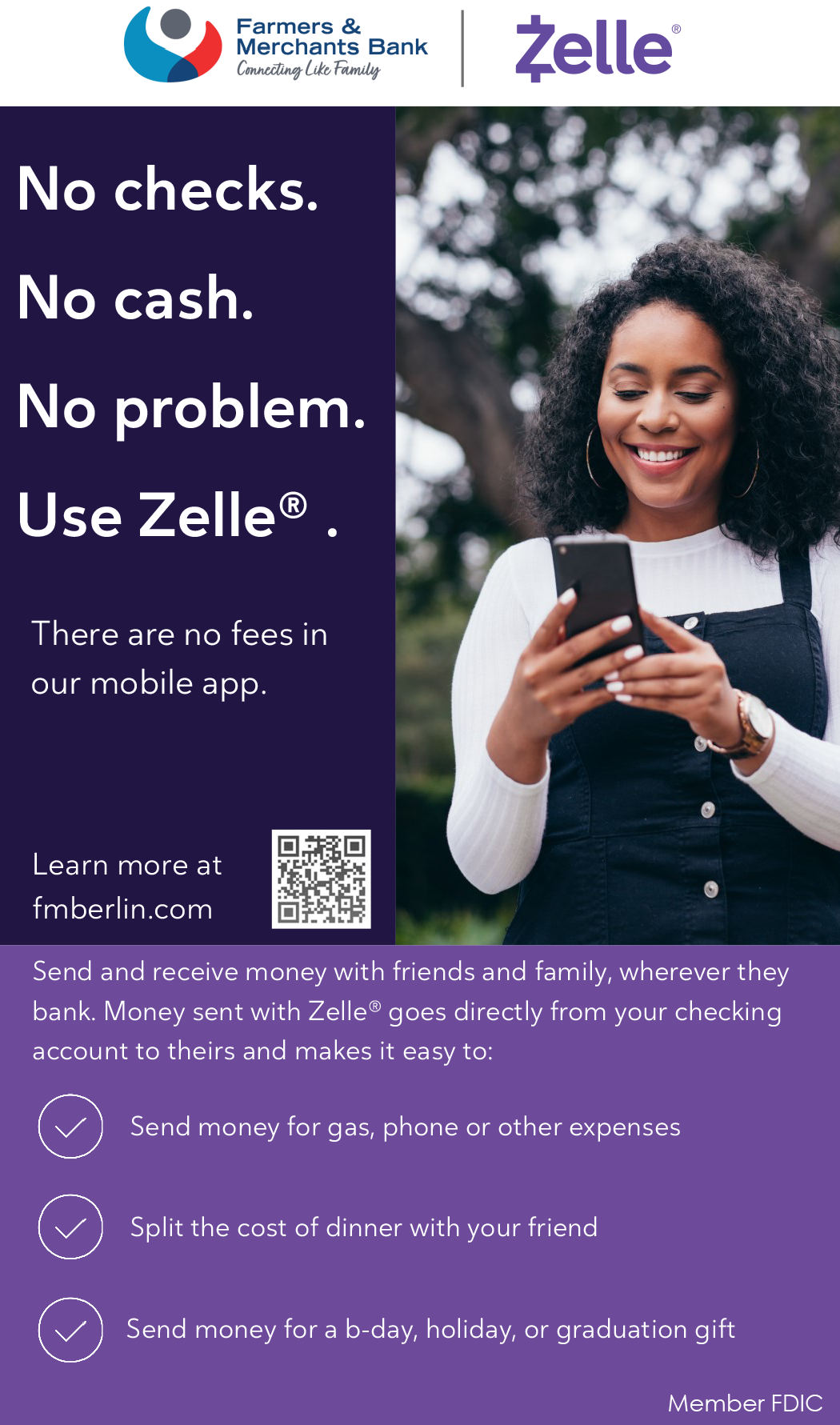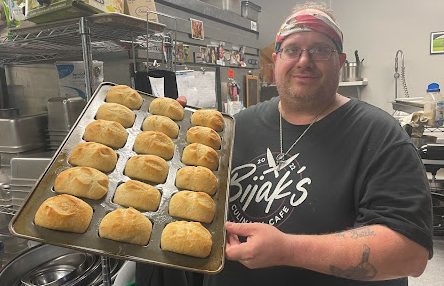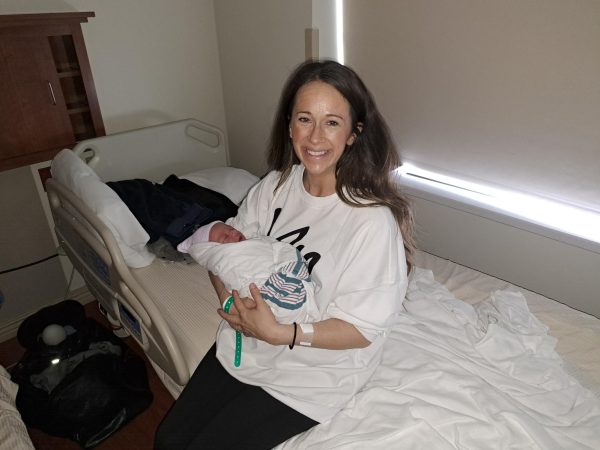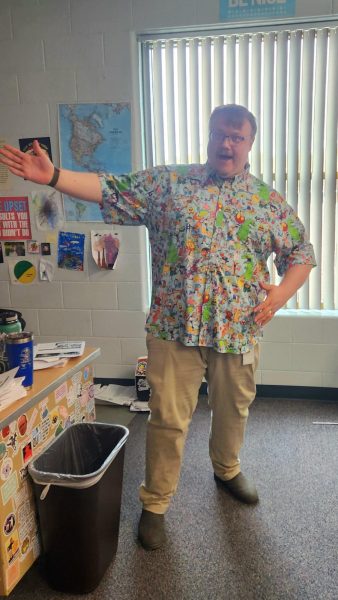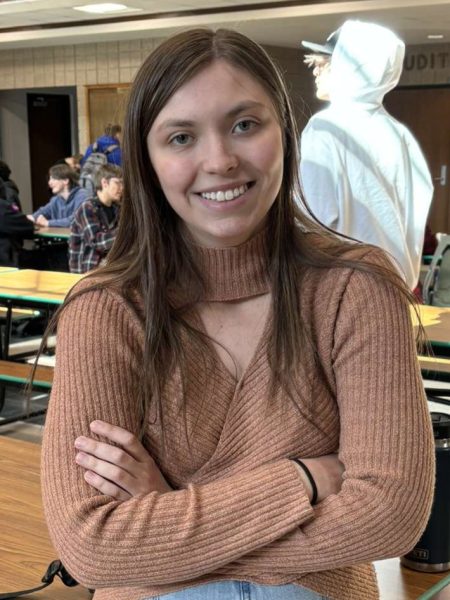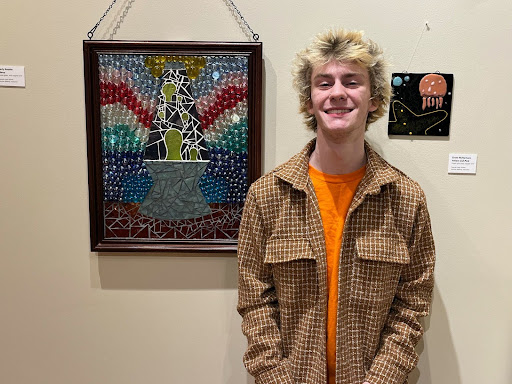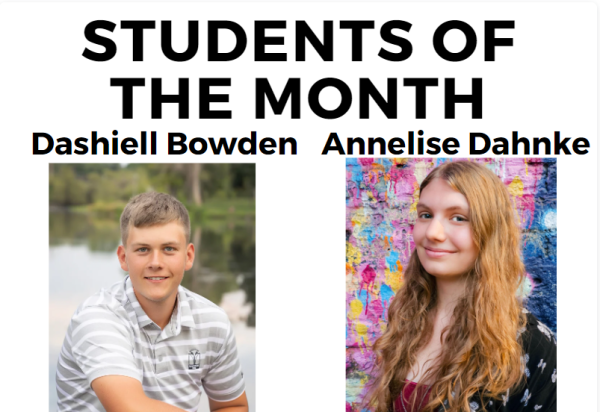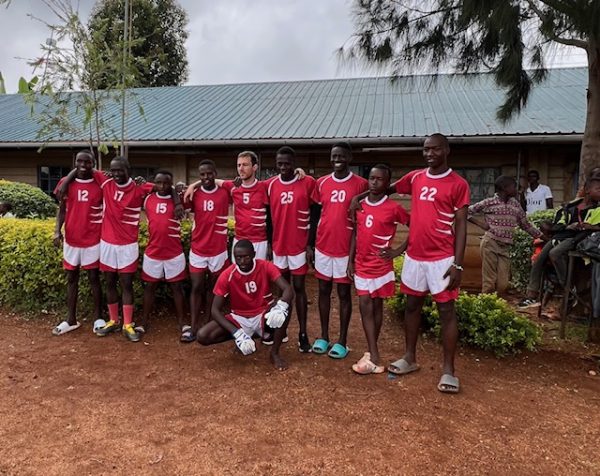Internet accessibility becomes bigger issue
January 28, 2021
Due to the current state of the world and the need for more distance at work and school, at-home internet access has become a must. On account of Berlin being surrounded by more rural areas, many students find themselves without access to sufficient internet at home. Junior Maddy Rilling finds it difficult to connect to her virtual-day classes for multiple reasons, one of those reasons being the fact that she lives in Borth, Wisconsin.
“(Our internet access) has been a problem for my sister and I during online school. Most of the time we have Google Meets at the same time so when this happens it is hard for both of us to connect. It is hard for both of our videos and sound to load,” Rilling said. “Also sometimes teachers will have you do an activity online too and this gets very tricky for us to load so many things at a time. This makes it hard to actually learn online because sometimes I can’t hear or see what the teachers are doing.”
Junior Grace Werch also experiences connectivity issues when it comes to participating in online classes.
“I have experienced lots of issues (with my internet connectivity). My internet is so bad that I cannot do Google Meets, so that means if I am quarantined or just doing online school, I miss when teachers are giving the material or teaching. I end up having to send lots of emails to teachers or text my classmates to get the information I need,” Werch said.
Not only can internet access be affected by where students may reside, but it can also be affected by cost issues. Students may not be able to afford high-speed internet at their own residences, therefore forcing the district to problem solve. Superintendent Dr. Carl Cartwright says he hopes the school providing an “internet cafe” will assist students who need the access during online school.
“As far as solutions, if we go to a shutdown we will offer an internet-cafe kind of experience meaning that if a student needs to access the internet, they can sign up for a 3-hour block at a time and we would open up the commons and they could come in,” Cartwright said. “If we would have a COVID shutdown, that would be available to elementary as well and middle and high school students. In the event that we have too many students in the commons we would move the elementary kids back over to Clay.”
The Berlin and Poy Sippi public libraries also have free wifi that can be utilized during circumstances such as these.

